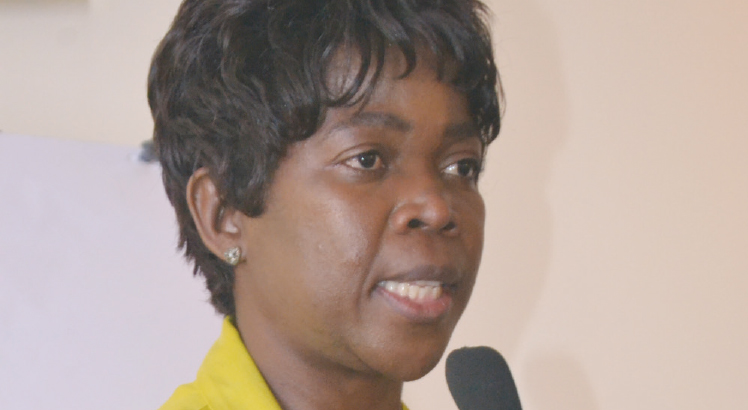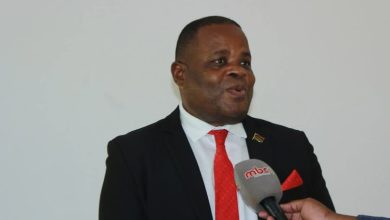Escom goes unaudited
Electricity Supply Corporation of Malawi (Escom) has not been audited for three years, a situation corporate governance gurus have said provides room for abuse and is a serious violation of fiscal and audit rules.
Escom public relations manager Kitty Chingota, in a written response yesterday, confirmed the status and attributed it to challenges in the implementation of a management information system in 2018.
She said: “However, significant progress has since been achieved [as] the 2020 and 2021 audited financial statements will be finalised during the first week of June 2023.”
Chingota said the audits delayed due to rushed implementation of the management information system which saw certain key processes and requisite trainings not properly done.
“Under the leadership of the new management, challenges arising from the hurried implementation of that system have been resolved and we are set on a path to restore compliance,” she said.

Chingota further said ground work for the external audit of financial statements for the year ended 2022 has commenced and it is expected that this will be concluded by end of September 2023.
She also assured that in September, the auditor will proceed to work on 2023 financial statements.
“It is expected that by close of year, we should have recovered from the backlog,” Chingota said.
But economists, civil society and corporate governance gurus said such failure provides room for abuse and is a serious violation of the fiscal and audit rules governing operations of public institutions.
In an interview yesterday, Malawi University of Business and Applied Sciences associate professor of economics Betchani Tchereni wondered how failure to fully implement the management information system was reason enough not to carry out the audits.
He said: “It doesn’t mean that you have to fulfil certain things for you to be audited. The audits have to be current, otherwise we don’t know what is being hidden.
“They have highly qualified people who get huge bonuses, so what is their job? Some of it is to produce financial statements and if they can’t, what do they do? If a system has not been implemented fully, it’s supposed to be part of the audit report.”
Tchereni also wondered why even internal auditors and the board of directors at Escom were not raising such a red flag on the issue.
In a separate interview, Minister of Finance and Economic Affairs Sosten Gwengwe said besides the management information system issues, Escom has had draft audit statements, but that the spat between Escom and Electricity Generation Company (Egenco) needed to be resolved first.
He said: “The spat between Egenco and Escom had to be resolved, especially on ssues to do with revaluation and pricing. The spat has been resolved and the audit backlog will be cleared soon.”
Public Accounts Committee of Parliament chairperson Mark Botomani said as a committee they are worried with the revelation.
He said issues of accountability and transparency at Escom have remained unchecked for a long time.
Botomani said: “Escom management ought to have realised that such delays in auditing their institution raise eyebrows from the public. And this is certainly an infringement on the Public Finance Management Act.
“We will liase with the National Audit Office to find a way of expediting the audit process at Escom.”
The revelations come against a background of Escom being embroiled in several financial woes since 2013 and a 2019 report on Building and Unleashing Escom’s Potential in the New Environment detailing failure of the procurement, stores, distribution and financial management functions as well as indiscipline and poor organisational culture at the parastatal.
The February 7 2019 report on Building and Unleashing Escom’s Potential in the New Environment said since 2016, Escom wrongly procured goods valued at K8.3 billion, bought phased-out wall-mounted three-phase prepaid billing meters worth K1.8 billion and items worth K122 million without local purchase order and Internal Procurement Committee approval.
The 2016/17 and 2017/18 audited financial statements exposed among others, misprocurement, non-compliance with the public procurement legislation and internal procurement procedures.





